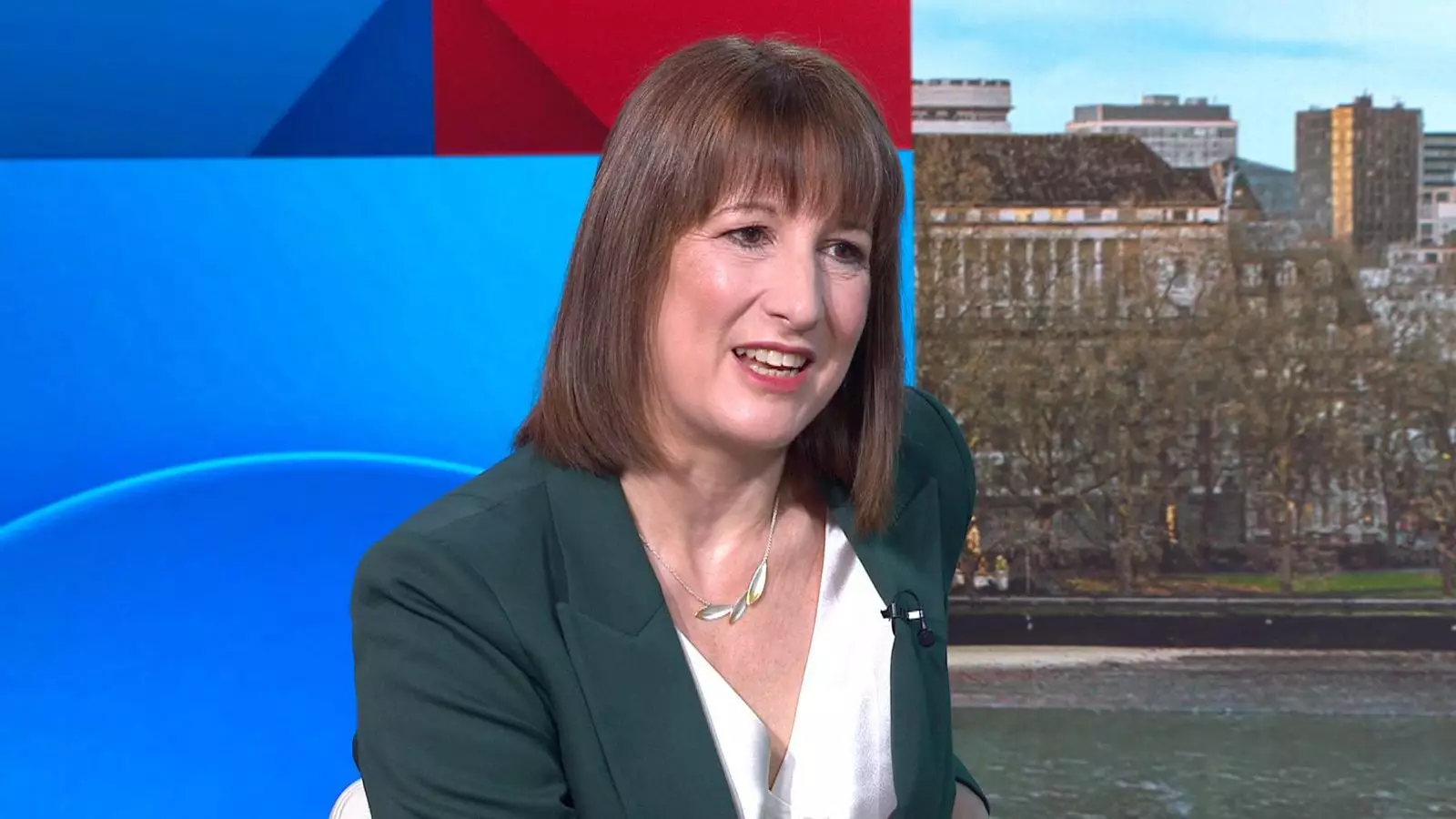The housing crisis in England is more than just a headline; it is a complex entanglement of policy failures, economic disparities, and social injustices that have culminated in an uproar of homelessness and insecurity for countless families. Recently, the government announced a £2 billion initiative aimed at constructing up to 18,000 new homes. While the financial figure sounds impressive, and the intention to address the housing crisis is commendable, the reality remains stark: this initiative may serve more as a political maneuver rather than the genuine, long-term solution that the crisis demands.
The Numbers Tell a Bleak Story
The proposed £2 billion plan, heralded by Chancellor Rachel Reeves, suggests that these new homes could help alleviate the pressing housing issues. However, when scrutinized, these numbers fall dangerously short of what is genuinely required. With a reported 1.3 million households languishing on local authority waiting lists—numbers not seen in a decade—one must question whether this initiative is anything more than a drop in an ocean. Experts predict that 365,000 social rent homes are needed over the next five years to genuinely make a difference, meaning that 18,000 is but a fraction of what is needed for sustainable progress. One has to wonder, how can the government justify such minimalist efforts in the face of escalating despair?
Charities Demand More: A Call for Real Solutions
It is encouraging to see charities like Crisis responding positively to the announcement, viewing it as a potential turning point for social housing in England. Yet optimism must be tempered with realism. The government has pledged that at least half of the 18,000 new homes will be for social rent, but charities overwhelmingly argue that most should be reserved for this urgent need. The reality is that the current system excels at supporting housing arrangements that skirt the edges of affordability, while families are left to confront the daily trauma of finding stable housing.
Furthermore, the focus on constructing new homes without addressing existing homelessness reveals a critical oversight. The government’s initiative fails to grapple with the immediate human beings behind the statistics, individuals and families who require not just more homes, but also necessary support systems and pathways out of the maze of homelessness—services that are evidently lacking in the current landscape.
Political Posturing and the Need for Cohesion
As Rebecca puts forth the unveiling of such initiatives a day before the spring statement—a period typically laden with budget cuts—it becomes nearly impossible to ignore the air of political posturing. While the government touts its commitment to building homes, there are cuts looming in other areas, including welfare, that further strip support from the very populations in need of assistance. It raises the question: can a government genuinely claim to support working families and those at risk of homelessness while simultaneously tightening their financial belts?
Moreover, the deputy prime minister Angela Rayner’s poignant remark about everyone deserving a secure roof over their heads evokes a sense of compassion but also draws attention to the inadequacies of policy solutions that are merely incremental in nature. The repeated failure of strategic planning in relation to housing calls for a cohesive response from all sectors; government, industry, and civil society must unite to address root causes instead of offering band-aid solutions.
Ultimately, the government’s announcement surrounding the construction of 18,000 new homes is poised at a crossroads. While it signals recognition of the housing crisis, it must be tempered with accountability and action that extends far beyond mere timelines and funding figures. Only by addressing the foundational elements that contribute to the current crisis—systematic inequality, inadequate support systems, and the deficit in affordable housing—can we begin to chart a course toward a more equitable future. The £2 billion initiative may represent a first step, but it will take far more to transform rhetoric into reality, and to truly build a society where housing is recognized as a fundamental human right, not just a privilege.


Leave a Reply